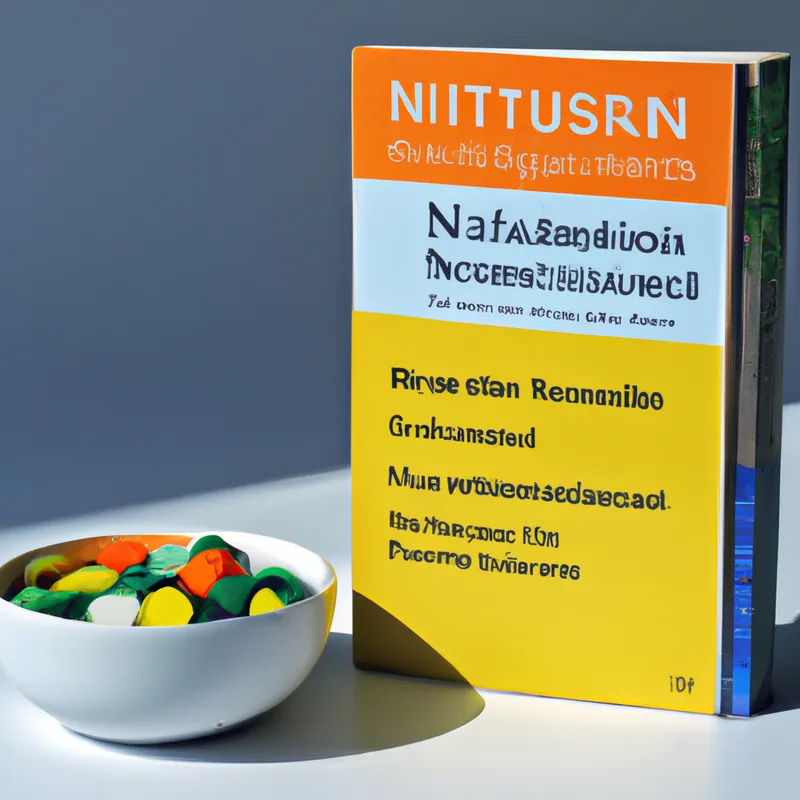Boost Your Mood: Unlocking Micronutrients for Mental Clarity
Understanding the Relationship Between Micronutrients and Mental Health: Key Vitamins and Minerals for Cognitive Function
Mental health significantly affects our overall well-being. It impacts how we think, feel, and behave. Nutrition plays a critical role in mental health, yet many overlook it. Micronutrients, which include essential vitamins and minerals, support brain function and mental wellness. Recognizing their importance can enhance cognitive function and improve mental health.
The Importance of Micronutrients
Micronutrients are vital for many bodily functions, including energy production and immune response. They particularly support brain health. Deficiencies can lead to severe mental health issues. Research links low levels of specific vitamins and minerals to depression, anxiety, and cognitive decline. Therefore, adequate micronutrient intake is essential for mental health.
Vitamins for Mental Health
Vitamins are organic compounds that the body needs in small amounts. They significantly influence cognitive function and emotional well-being.
1. **Vitamin B12**: This vitamin supports nerve health and neurotransmitter production. A deficiency can cause memory loss, mood disturbances, and cognitive decline. Good sources include fish, meat, eggs, and dairy. Vegetarians and vegans should consider supplementation.
2. **Vitamin D**: Known as the “sunshine vitamin,” the body synthesizes vitamin D when exposed to sunlight. It regulates mood and may lower depression risk. Studies link low vitamin D levels to higher depressive symptoms. Food sources include fatty fish, fortified dairy products, and egg yolks. Supplementation may be necessary in regions with limited sunlight.
3. **Vitamin C**: This vitamin protects the brain from oxidative stress, which contributes to cognitive decline. It also aids neurotransmitter synthesis, including serotonin, which regulates mood. Rich sources include citrus fruits, strawberries, bell peppers, and broccoli.
4. **B Vitamins**: Besides B12, other B vitamins, like B6 and folate, are crucial for mental health. They help produce neurotransmitters that regulate mood and cognitive function. Foods rich in B vitamins include whole grains, legumes, leafy greens, and fortified cereals.
Minerals for Mental Health
Minerals are inorganic elements vital for many bodily functions, including brain health.
1. **Magnesium**: This mineral plays a role in over 300 biochemical reactions, including neurotransmitter regulation. Studies show it can reduce anxiety and improve mood. Foods rich in magnesium include nuts.
Conclusion
Micronutrients play a vital role in mental health and cognitive function. Adequate intake of vitamins and minerals supports overall well-being. Prioritizing nutrition can enhance mental health outcomes.
Below are related products based on this post:
FAQ
What are micronutrients and why are they important for mental health?
Micronutrients are essential vitamins and minerals that support various bodily functions, including brain health. They play a critical role in cognitive function and emotional well-being. Deficiencies in specific micronutrients can lead to severe mental health issues, including depression, anxiety, and cognitive decline. Ensuring adequate intake of these nutrients is crucial for maintaining mental health.
Which vitamins are particularly beneficial for mental health?
Several vitamins are vital for mental health, including Vitamin B12, Vitamin D, Vitamin C, and B vitamins. Vitamin B12 supports nerve health and neurotransmitter production, while Vitamin D helps regulate mood. Vitamin C protects the brain from oxidative stress and aids in neurotransmitter synthesis. Other B vitamins, like B6 and folate, are also important for producing mood-regulating neurotransmitters.
How do minerals like magnesium contribute to mental health?
Magnesium is a crucial mineral that plays a role in over 300 biochemical reactions in the body, including the regulation of neurotransmitters. Research has shown that magnesium can help reduce anxiety and improve mood. Foods rich in magnesium, such as nuts, can be beneficial for supporting mental health and overall cognitive function.















Post Comment